Turning 18% of his 3500-hectare farm into forest is a move that’s landed producer Mark Wootton a seat at a very influential table. He travelled from his property just north of Hamilton in western Victoria, all the way to Egypt for the COP27 world climate conference.
There, he was part of a pitch to promote the benefits of farm-grown sustainable timber to solve current supply issues. Personally, his own farm has been increasingly productive since he made the decision to plant 600 hectares of trees 20 years ago, while still running sheep and cattle. By doing so, Mark’s business Jigsaw Farms has doubled production, lowered its carbon footprint and improved biodiversity.
As a sheep and cattle farmer, making a move into forestry wasn’t always the plan. Mark says he saw a financial opportunity to diversify but also a means to offer better shelter for animals and increase flora and fauna on farm.
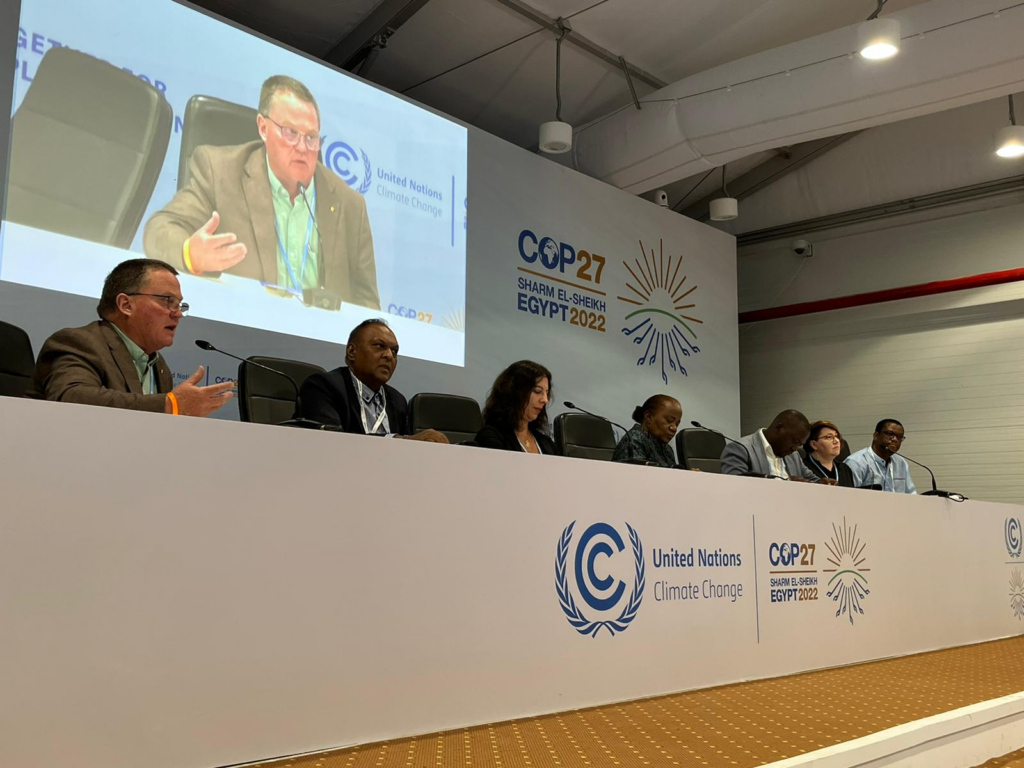
“Interestingly, my surname Wootton in old English means ‘wood cutter’. That wasn’t the motivation but there is a bit of history there! I’m a geographer by trade and I’ve always been interested in soils and trees,” Mark explains.
Future minded
The trees Mark has planted are great at sequestering carbon but there are economic as well as environmental benefits.
“We see them adding value to our farming operation. Not just the shelter but they’ll give us a diverse income stream when we come to harvesting. We’re still 5 to 10 years away from harvesting in earnest.”
Mark also sees this as something to pass on to his four adult children. “That allows us to have an exit plan from a succession point of view. That could be an income for us going forward.”
The Woottons have travelled extensively through Europe and visited 150 year old plantations that are truly intergenerational. In the short term, Mark says the trees have added value to their current operation, contrary to what others assume.
Interestingly enough, we now have double the carrying capacity with the trees compared to what the farms were when we took them on from 1996.
“So, that’s double the amount of stock here. Farmers always think, are the trees taking away from the stock? I think we need to get into our heads that it’s actually adding value with all the co-benefits.”
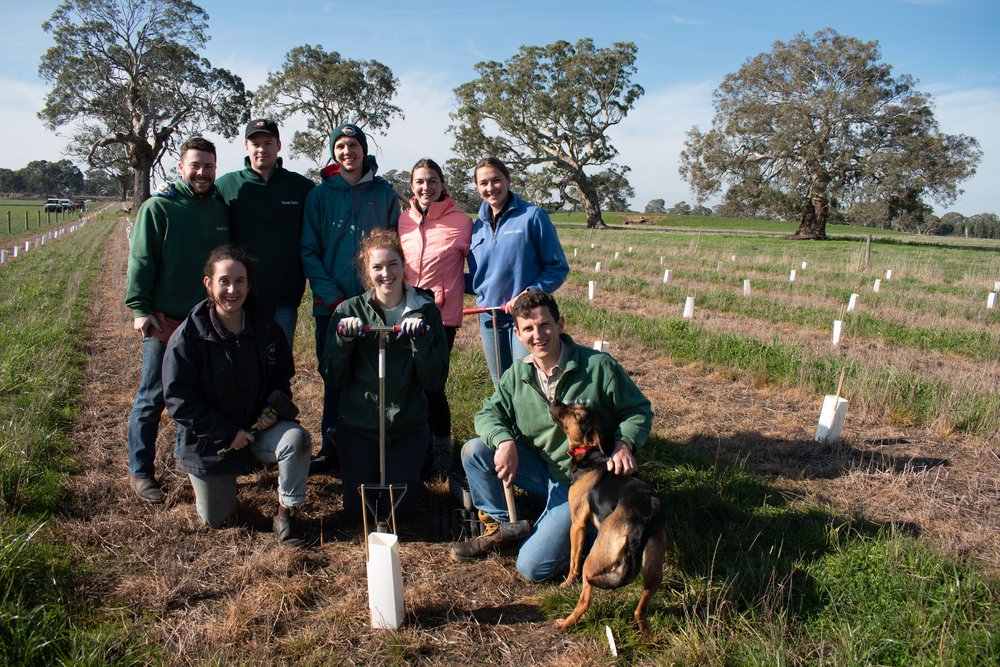
Casting an unfair shadow
Some unscrupulous forestry operations overseas have perhaps played into a public relations challenge for the industry.
“But I think that’s where we are in a unique place,” Mark explains. “We can provide verifiable, certified product for a domestic market which is screaming for timber.
We’re importing timber into Australia, which is bizarre.
“We can also look at exporting some of it too, which is what we do with other products we produce on farm.”
The Australian Forest Products Association has said the supply of sustainable timber is growing by 1% while demand is growing by 5%, so it is an issue we will need to address domestically.
That negative perception is being turned on its head by local operators like Mark, and the desire for sustainable, natural fibres as an alternative to high emission synthetics.
“I think most people like having timber in their residential situation. That’s from an aesthetic perspective, let alone a structural point of view. We’re now constructing these multi-storey buildings using these timbers and laminates in place of heavy carbon footprint concrete and steel,” says Mark.
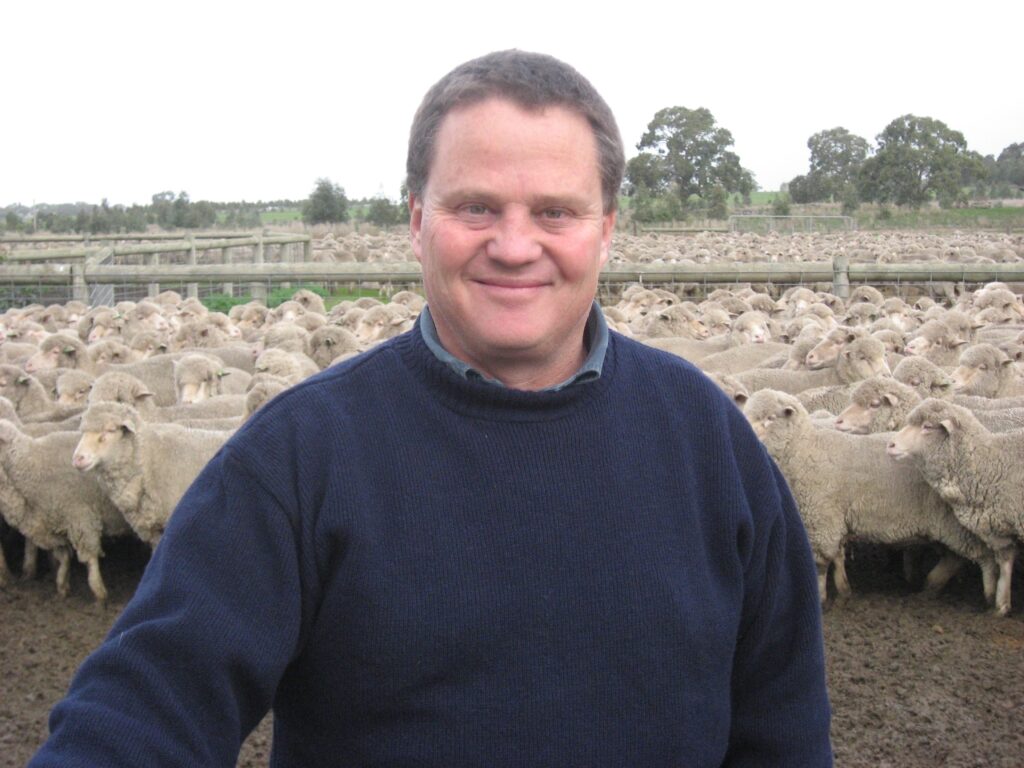
Biodiversity gains
Furthermore, Jigsaw Farms avoids monocultural forests by planting an array of species. That’s the key to increasing biodiversity according to Mark. They started with 46 bird species in 1996, now there are 174 documented.
It’s an area of expertise that saw Mark travel to Egypt for COP27 to meet with farmers from all over the world.
“Agriculture was talked about and really seen as part of the solution, a lot less as the problem. I did a lot of talks with people from developing countries who operate off a subsistence agriculture base.
They found it really challenging to attack a cow on its methane when it’s used in their context as a dowry, a currency, a fertilising creature – it’s a very different view of it.
“They think that we need to have a different approach to how agriculture is dealt with. I found their arguments quite compelling in a sense,” Mark shares.
It’s a developing space with many voices from around the world adding to the debate, and having domestic forest farmers weighing in can only be a good thing for all Australians.
Hear more stories like this by subscribing to the Telling Our Story podcast on iTunes (or wherever you listen to podcasts) and follow podcast host Angie Asimus on Instagram for more updates.


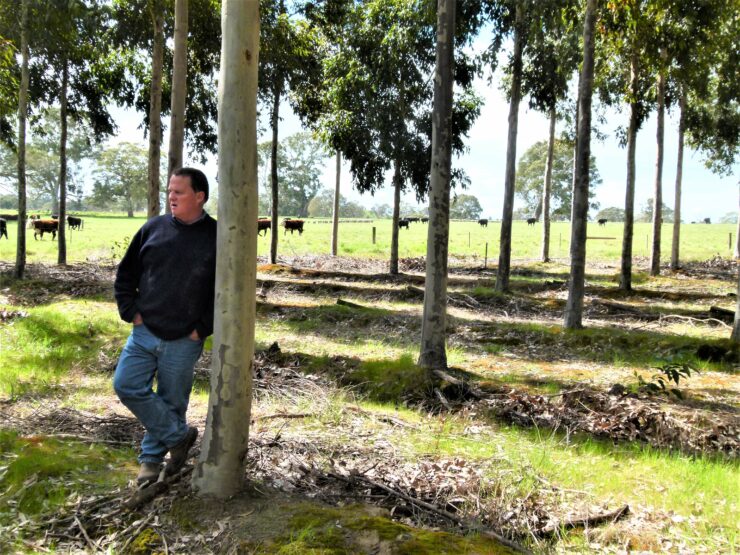


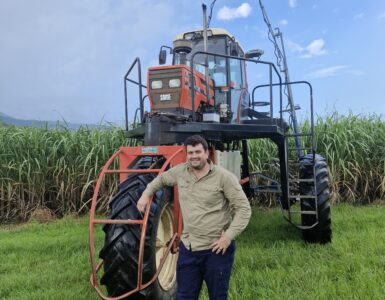
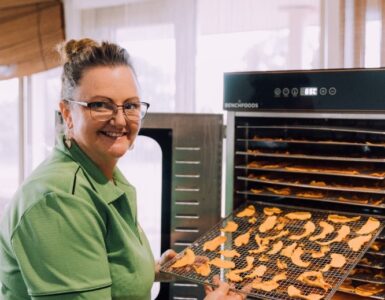
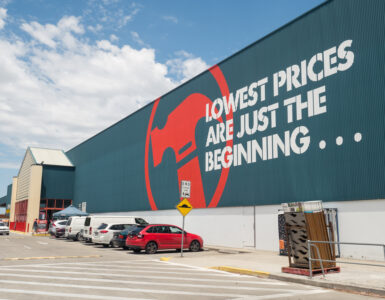









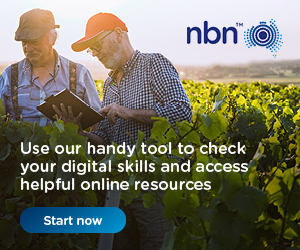




















Add comment